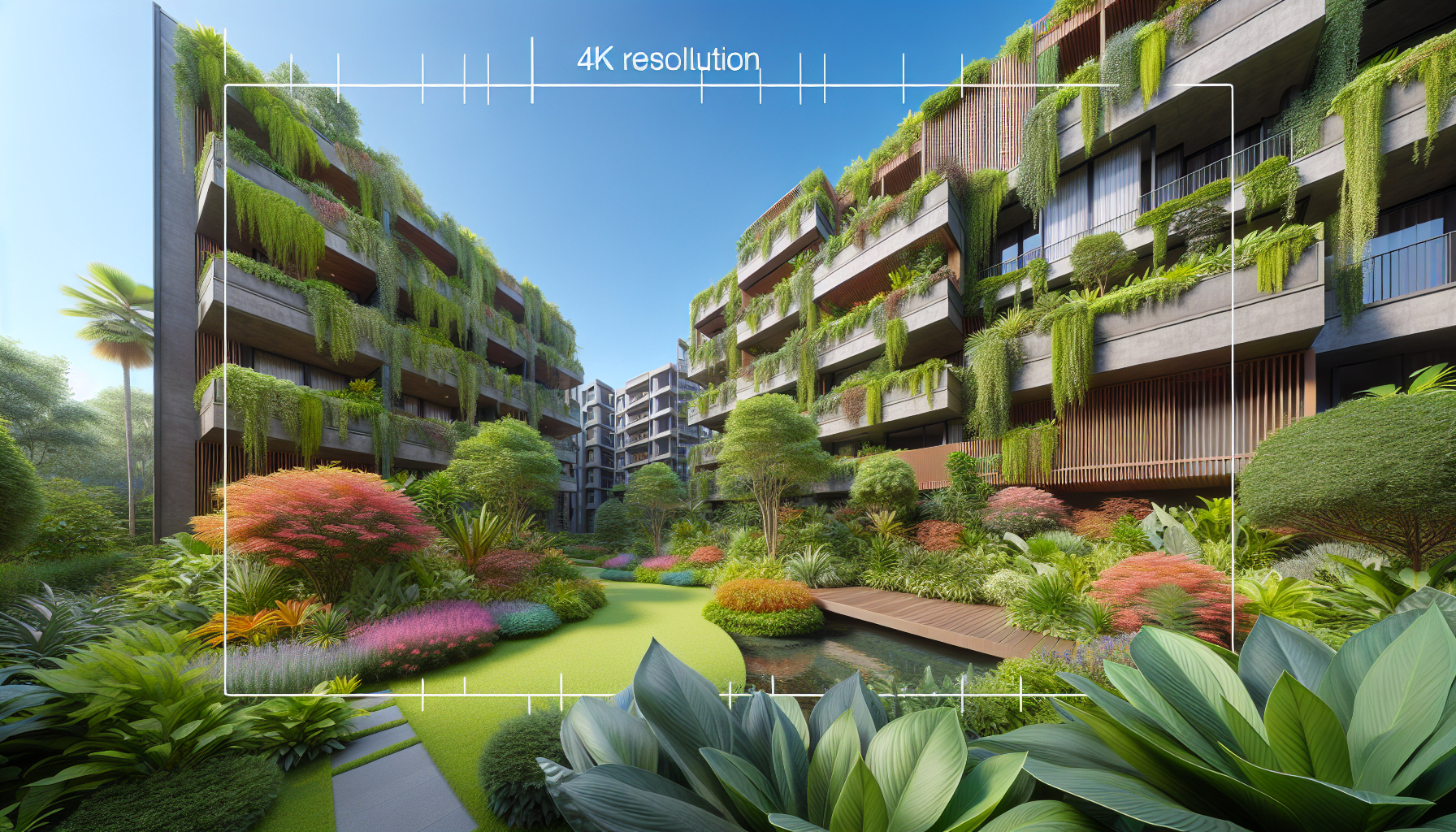Landlord Responsibilities: Here are the 8 Key Essentials you should Know
Various Landlord Responsibilities Explained
Understanding the key essentials rights and duties of landlord, which include management, property maintenance and tenant rights among other obligations every landlord must follow, is crucial for a smooth and successful experience.
It is important to communicate clearly with tenants, maintain the property properly, prioritize safety and security, have knowledge of legal obligations and tenant rights, and establish a consistent rent collection process.
Property maintenance is essential to ensure the property is in good condition and complies with building codes and safety regulations.
It is also important to respect tenant rights and have a well-drafted rental agreement and lease management. The landlord should ensure that the agreement adheres to building codes, safety regulations, and tenant rights for proper lease management and property maintenance. These responsibilities are inherent in Federal, State or local laws.
There is no definitive list of duties and responsibilities of a landlord, however this article will get you started on the proper path.
Ensuring Property Maintenance Standards
When it comes to upholding property maintenance standards, a collaborative effort between the property owner and renter is essential in ensuring fair housing and meeting habitability requirements through property inspections. Landlords should prioritize conducting regular inspections and performing proactive maintenance.
This includes addressing both structural issues and exterior upkeep.
Tenants, on the other hand, play a crucial role by promptly reporting any maintenance issues that arise and allowing access for necessary renovation.
By fulfilling their legal obligations and working together to address maintenance concerns, both landlords and renters can ensure a safe and comfortable living environment. It is important for both parties to have a clear understanding of their rights and responsibilities, such as fair housing laws and the eviction process.
This knowledge is key to maintaining a positive landlord-tenant relationship. Absent direct knowledge, partnering with an experienced asset manager such as ProsperityCRE who understands intimately the various landlord responsibilities is critical to the success of your investment.

Tenant Rights and Privacy Protections
When it comes to tenant rights and privacy protections, it is crucial for both landlords and tenants to understand the rental laws and regulations in place. These laws and regulations are meant to ensure fair treatment and respect for individuals’ privacy.
One important aspect of privacy protections is that tenants have the right to privacy within their rented premises.
Landlords should not invade their privacy by entering the property without proper notice, except in cases of emergency repairs.
This emphasizes the importance of privacy and sets clear expectations for tenants.
Another key aspect of tenant rights and privacy protections is the obligation of landlords to provide a safe and secure living environment for their tenants.
This includes maintaining secure locks, adequate lighting, and functional security systems. These security measures are important to ensure the safety of tenants. By emphasizing the importance of these security measures, tenants can have a better understanding of their rights and feel empowered to address any concerns they may have regarding emergency repairs, rental laws, landlord-tenant law, tenant complaints, property manager, and rent collection.
| Tenant Rights and Privacy Protections | Landlord Obligations |
|---|---|
| Tenants have the right to privacy within their rented premises | Landlords should not invade tenants’ privacy without proper notice |
| Rental laws and regulations ensure fair treatment and respect for privacy | Landlords must provide a safe and secure living environment |
| Privacy rights emphasize the importance of respecting tenants’ privacy | Landlords should maintain secure locks, adequate lighting, and functional security systems |
Understanding Rental Agreements
When it comes to understanding rental agreements, having a clear grasp of the terms and conditions, including lease renewal and tenant screening, is essential to ensure a smooth and harmonious renting experience for both landlords and tenants. It serves as a legally binding contract that outlines the rights and responsibilities of each party involved.
For landlords, it is important to be aware of their legal obligations, such as providing a safe and habitable living environment, adhering to local laws and regulations, and respecting the privacy of their tenants.
On the other hand, tenants have specific rights, including the right to landlord insurance, privacy, protection against discrimination, and the ability to request repairs.
By carefully reading and comprehending this agreement, both parties can avoid any misunderstandings or conflicts that may arise
The Nuances of Lease Management
One often overlooked aspect of lease management is the proper maintenance of heating and cooling systems within rental properties, which falls under the landlord duties. Landlords have a responsibility to ensure that these systems are in good working condition because they directly impact the comfort and safety of tenants.
Regular inspections, maintenance, and prompt repairs are necessary to prevent potential issues and ensure a pleasant living environment.
In addition to these landlord obligations, it is important for landlords to also be knowledgeable about tasks related to pest control and mold remediation.
These tasks are fundamental in maintaining a healthy and habitable dwelling for tenants.
Landlords should be aware of their responsibilities regarding rental permits and property taxes.
This awareness is crucial to ensure compliance with local regulations
Supporting Facts about Lease Management
- Regular maintenance of heating and cooling systems is crucial for the comfort and safety of tenants.
- Proper inspections, maintenance, and prompt repairs can prevent potential issues and ensure a pleasant living environment.
- Pest control and mold remediation tasks are essential for maintaining a healthy and habitable dwelling for tenants.
- Awareness of rental permits and property taxes is important to ensure compliance with local regulations.
Compliance with Building Codes
Building owners and construction professionals must prioritize compliance with building codes, including tenant privacy and the landlord tenant act, to ensure the safety and well-being of the public. It is crucial to understand the specific regulations that apply to your location in order to avoid legal issues and penalties.
One essential step is obtaining the necessary permits and inspections before starting a project, as they guarantee compliance with required standards.
It is important to hire qualified professionals who have extensive knowledge about building codes.
Regular maintenance and inspections are also vital in identifying and addressing any problems that may arise, such as landlord responsibilities for heating, faulty electrical systems, plumbing leaks, or structural issues. By adhering to these guidelines, building owners can uphold the highest safety standards and maintain their properties in a habitable condition
Adhering to Safety Regulations
In order to ensure the safety and well-being of tenants, landlords have a crucial responsibility to adhere to safety regulations and standards, including regularly checking and maintaining smoke detectors, carbon monoxide detectors, and appliances, as well as being aware of their liabilities and prioritizing tenant welfare. This responsibility involves complying with legal obligations, maintaining the property adequately, and respecting the rights of tenants.
One important aspect of landlord legal obligations is providing a safe and habitable living environment.
This means ensuring that the property meets all building codes and safety regulations.
This includes the installation of smoke detectors, carbon monoxide detectors, and fire extinguishers. Landlords must properly maintain electrical systems, plumbing, and heating to prevent potential hazards.
Promptly addressing any maintenance issues, such as broken windows or leaky pipes, is also necessary to ensure tenant safety. By fulfilling these responsibilities, landlords can prioritize tenant welfare and reduce their own liabilities
| Landlord Responsibilities | Supporting Data |
|---|---|
| Regularly checking and maintaining safety devices | Smoke detectors, carbon monoxide detectors, and appliances |
| Complying with legal obligations | Maintaining the property adequately |
| Providing a safe and habitable living environment | Meeting building codes and safety regulations |
| Maintaining electrical systems, plumbing, and heating | To prevent potential hazards |
| Promptly addressing maintenance issues | Broken windows or leaky pipes |
What Are Habitability Requirements
Habitability requirements play a critical role in ensuring that properties that are being rented meet certain standards for safety and livability, as outlined in the landlord-tenant agreement. Landlords have legal obligations to fulfill when it comes to maintaining their properties in a safe and habitable condition.
They must provide essential amenities like running water, electricity, and heating.
In addition, landlords are responsible for addressing any structural issues that could pose health risks to tenants, such as leaks or mold.
It is also crucial for landlords to comply with tenant rights regulations by respecting privacy and promptly addressing concerns or complaints. By understanding and adhering to habitability requirements, both landlords and tenants can foster a positive and healthy experience
Conducting Regular Property Inspections
Regular property inspections are crucial to ensure water damage prevention, fire safety compliance, lead paint disclosure adherence, rental turnover efficiency, adherence to landlord tenant ordinances, and optimal rental property investment. These inspections serve as a proactive measure to ensure the safety and maintenance of the property.
During these inspections, landlords can identify potential safety hazards, assess the condition of the property, and address any necessary maintenance or repairs.
In addition, these inspections enable landlords to make sure tenants are complying with their lease agreements and are not causing any damage or engaging in illegal activities.
Prioritizing regular property inspections helps landlords maintain the value of their rental property investment and ensures a positive experience for everyone involved
Benefits of Regular Property Inspections
- Identify potential safety hazards and prevent accidents or injuries.
- Maintain the condition of the rental property and address necessary repairs promptly.
- Ensure tenants comply with lease agreements, reducing the risk of damage or illegal activities.
- Help landlords maintain the value of their rental property investment and provide a positive experience for all parties involved.


